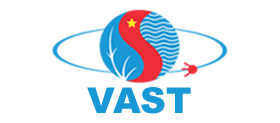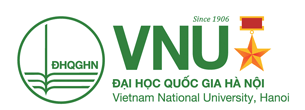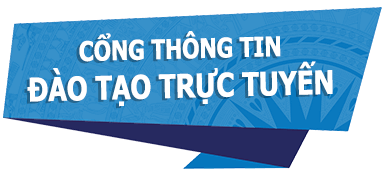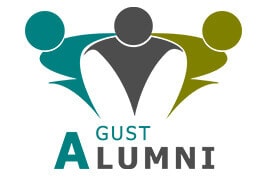Lượt truy cập 9.114.282
WESTPAC workshop on the development of a research strategy for Harmful Algal Blooms “What we know, and what we do not know on HABs”
Nha Trang, Vietnam, 19-21 December 2016
1. BACKGROUND
Harmful algal blooms, or HABs, occur when cells of microalgae—simple unicellular phytoplankton that live in the sea and freshwater—grow and form high biomass while producing toxic substance or causing harmful effects on people, fish, shellfish, marine mammals, and birds. Harmful algal blooms (HABs) have direct impacts to human health and negative influences on human well-being, mainly through their consequences to coastal ecosystem services (fisheries, tourism and recreation) and other marine organisms and environments. HABs are natural phenomena, but these events can be favored by anthropogenic pressures in coastal areas.
To minimize the negative impacts of HABs in the Western Pacific and its adjacent regions, IOC Sub-Commission for the Western Pacific (WESTPAC) has long been fostering research collaborations, building scientific capacity of individuals, institutions and countries on HABs, in order to assist its Member States to understand their causes, predict their occurrences and mitigate their effects.
Given the ever-increasing algal blooms over the recent years in the region, and the scientific uncertainties existing in identifying the causes of some of these events, it is imperative to examine our present knowledge, identify gaps and challenges, strengthen scientific collaborations and finally develop a regional research strategy for HAB studies in the future with a view to better assisting our member states in reducing economic loss and risks to human health in the region.
2. OBJECTIVES
This workshop aims to:
(i) review current knowledge on HAB science, techniques and technologies in the region;
(ii) identify scientific problems/questions/gaps to address; and
(iii) develop a research strategy for future HAB studies.
3. CONDUCT OF THE WORKSHOP
The workshop is open to any scientists who are willing to collaborate with others in developing HAB science in the region. Some leading scientists will be identified and invited in view of their expertise in respective fields.
To achieve the workshop objectives, the workshop will consist of plenary presentations, plenary and/or group discussions. Plenary presentations are intended to share knowledge among HAB experts from different countries on their HABs occurrence, related research programs, scientific uncertainties, and suggestions. Following presentations at national level or institutional level, several thorough scientific reviews will be provided by some identified experts, covering the following scientific areas, but not limited to:
• HAB species biology: taxonomy, phylogeny, and geographical distribution;
• Ecophysiology of HAB species: blooming dynamics;
• Marine biotoxins: responsible species and their toxins, and fate of toxins in ecosystems;
• Fish kills: causative mechanisms, including those in relation to harmful substances and environment;
• Socio-economic aspects: economic losses, preventive measures, and management
Furthermore, all participants will further discuss and come up with an outline for a regional research strategy while taking into full account their ongoing research/capacity building efforts at institutional and/or national level. A draft team will be formed accordingly at the workshop to start the preparations of the draft strategy. The draft strategy is expected to be available by the 10th WESTPAC International Scientific Conference (17-20 April 2017, Qingdao, China). Appropriate outreach materials on this strategy, such as brochure could be also discussed at the meeting.
Kindly note: the guideline for presentations is under development and will be sent to all presenters to facilitate their preparations in advance.
4. TENTATIVE PROGRAM
To be further developed based on confirmation of invited experts.
5. WORKSHOP CONTACT
Dr Mitsunori Iwataki
WESTPAC PI on HABs
Asian Natural Environmental Science Center
The University of Tokyo
Email: iwataki@anesc.u-tokyo.ac.jp
Dr Orathai Pongruktham
Program Officer
IOC Sub-Commission for the Western Pacific
Email: o.pongruktham@unesco.org


























 Ý kiến của bạn
Ý kiến của bạn







